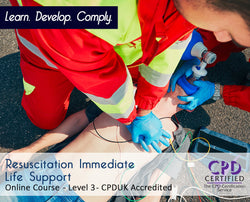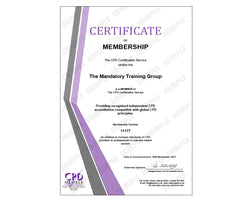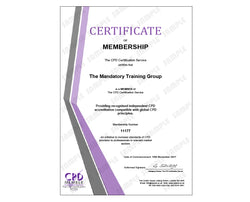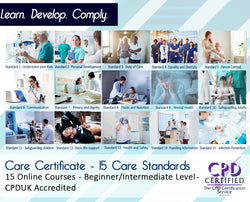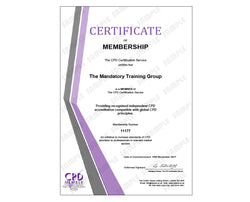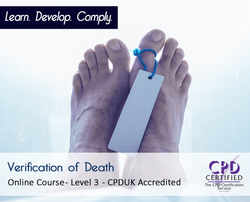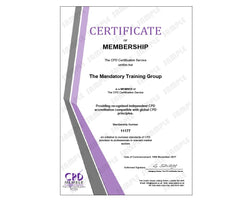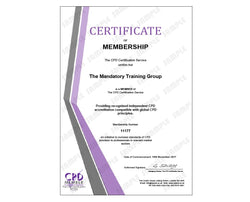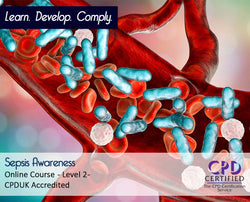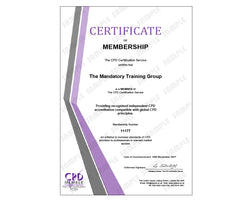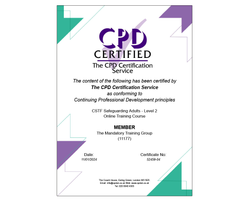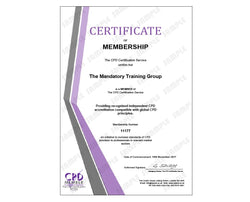This online physical restraint awareness course covers the following:
Introduction to physical restraint
Ethical and legal considerations
-
Explore ethical principles such as necessity, dignity, individual rights, and consent in restraint use.
-
Learn key legislation governing physical restraint, including the Mental Health Act, Mental Capacity Act, and Health and Social Care Act.
-
Understand the importance of thorough documentation and justification for restraint use.
Practical restraint techniques
De-escalation techniques
-
Master verbal persuasion and effective communication strategies to de-escalate situations.
-
Utilise distraction and relaxation methods as alternatives to physical restraint.
-
Implement environmental adjustments to reduce agitation and prevent the need for restraint.
Training and competence
-
Recognise the importance of proper training and certification in restraint techniques.
-
Engage in continuous education and skill practice to maintain competence.
-
Ensure compliance with NICE guidelines and CQC standards for safe and ethical restraint use.
Risk management and monitoring
-
Conduct comprehensive risk assessments before using restraint.
-
Ensure continuous monitoring and review during restraint to safeguard individuals.
-
Allocate adequate staffing and resources for effective risk management.
Documentation and accountability
-
Emphasise the need for thorough documentation of all restraint instances.
-
Justify restraint decisions with clear records to ensure transparency.
-
Adhere to legal standards and maintain accountability in restraint practices.








